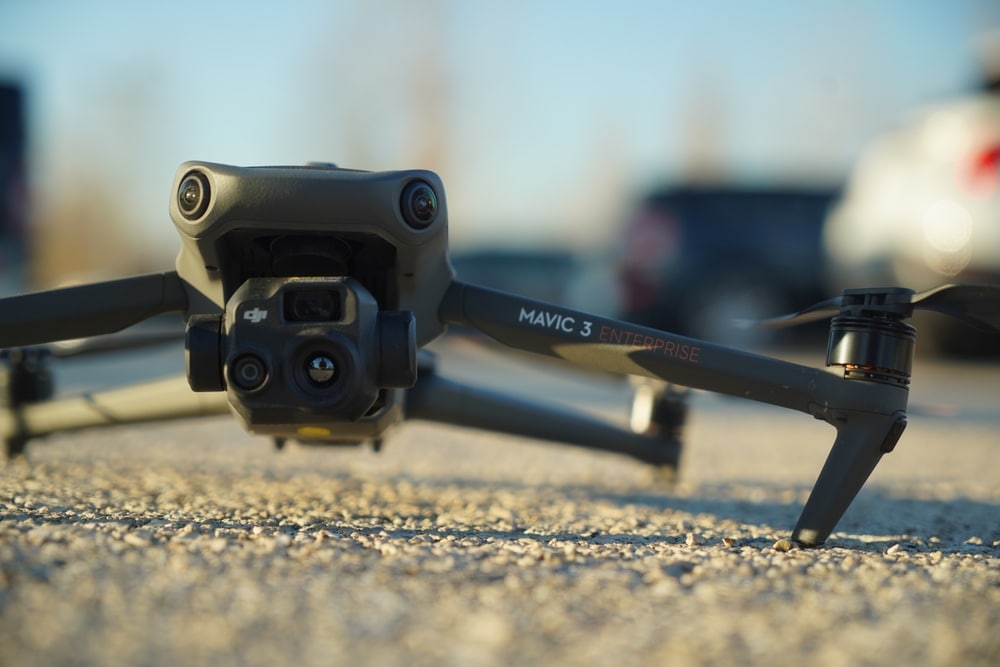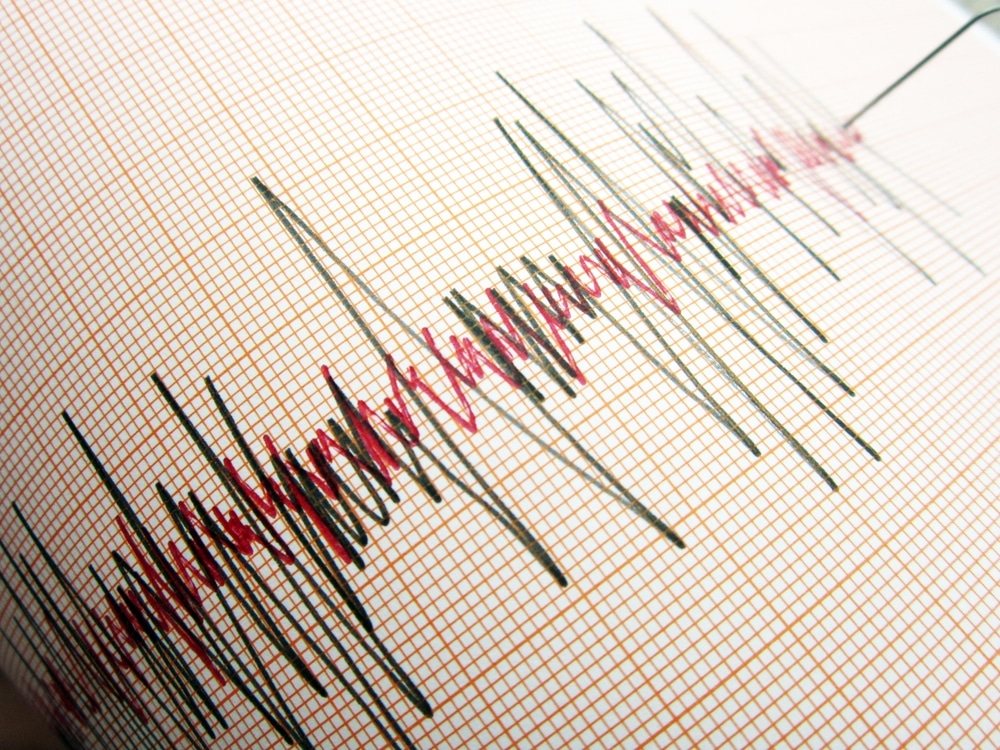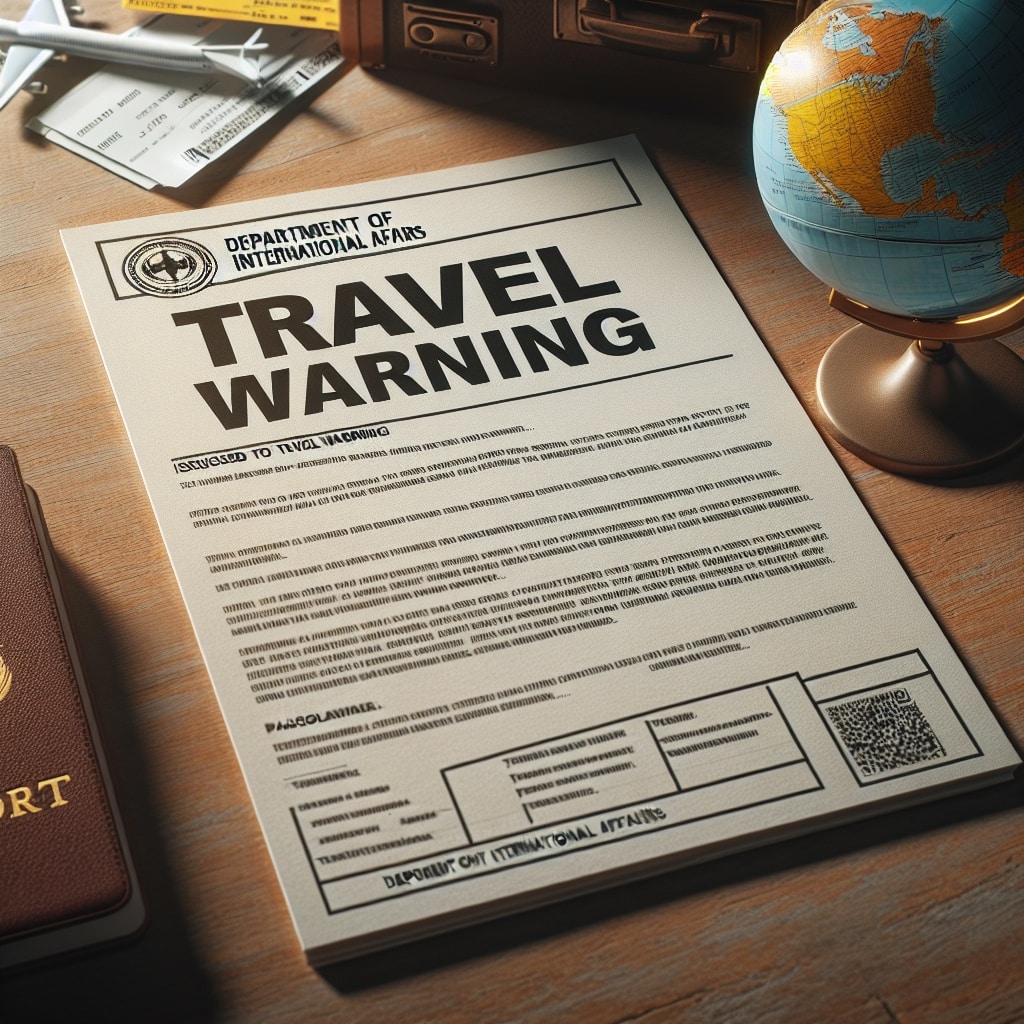The United States renewed a warning Monday that it would defend the Philippines in case of an armed attack under a 1951 treaty, after Chinese ships blocked and collided with two Filipino vessels off a contested shoal in the South China Sea.
Philippine diplomats summoned a Chinese Embassy official in Manila on Monday for a strongly worded protest following Sunday’s collisions off Second Thomas Shoal. No injuries were reported but the encounters damaged a Philippine coast guard ship and a wooden-hulled supply boat operated by navy personnel, officials said.
President Ferdinand Marcos Jr. called an emergency meeting with the defense secretary and other top military and security officials to discuss the latest hostilities in the disputed waters. The Philippines and other neighbors of China have resisted Beijing’s sweeping territorial claims over virtually the entire South China Sea, and some, like Manila, have sought U.S. military support as incidents multiply.
After the meeting, Defense Secretary Gilberto Teodoro blasted China in a news conference for resorting to “brute force” that he said endangered Filipino crew members and for twisting the facts to conceal its aggression.
“The Philippine government views the latest aggression by China as a blatant violation of international law,” Teodoro said. “China has no legal right or authority to conduct law enforcement operations in our territorial waters and in our exclusive economic zone.”
Marcos ordered an investigation of the high-sea collisions, Teodoro said, but he refused to disclose what steps the Philippine government would take.
“We are taking these incidents seriously at the highest levels of government,” he said, adding that the government called for a news conference to provide accurate facts. “The Chinese government is deliberately obfuscating the truth,” the defense chief said.
The Philippines also plans to raise its alarm over the Chinese ships’ dangerous maneuvers in talks between China and the Association of Southeast Asian Nations on a proposed nonaggression pact — a “code of conduct” — to prevent a major armed conflict in the South China Sea.

















